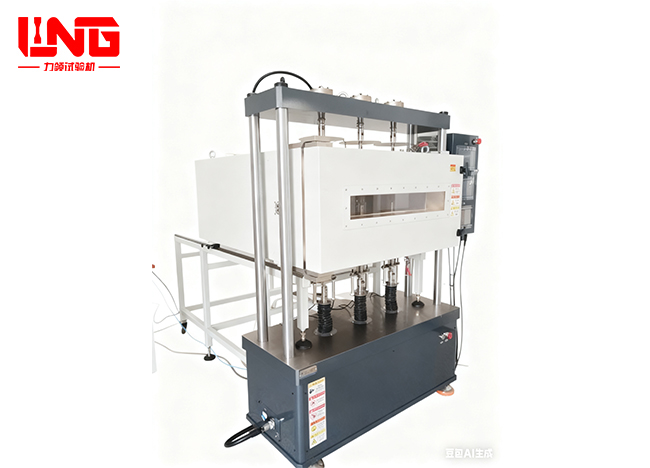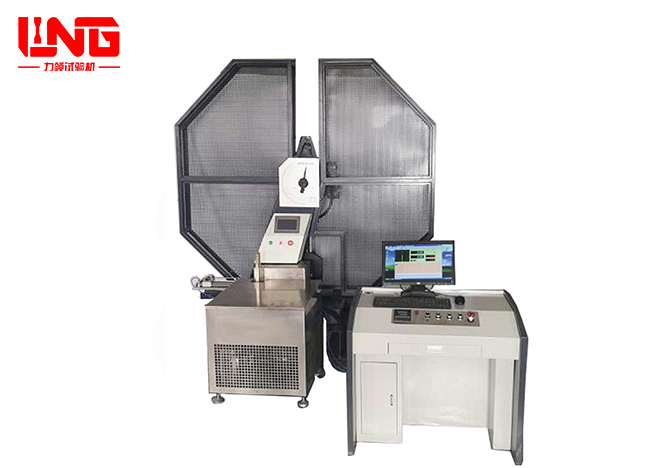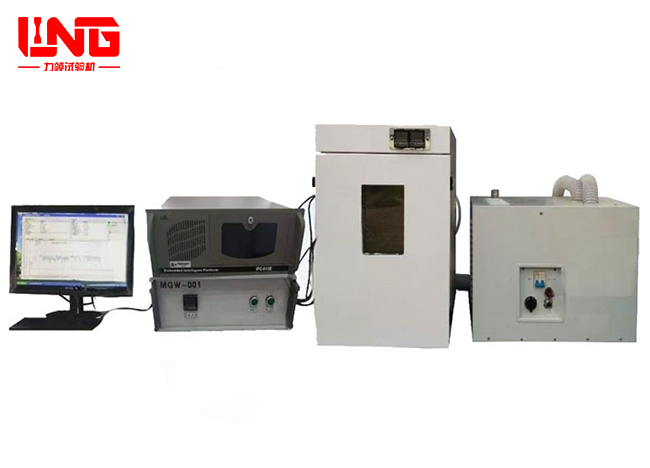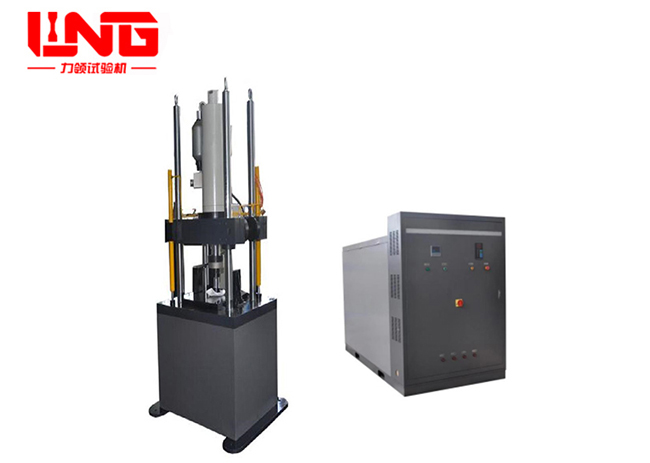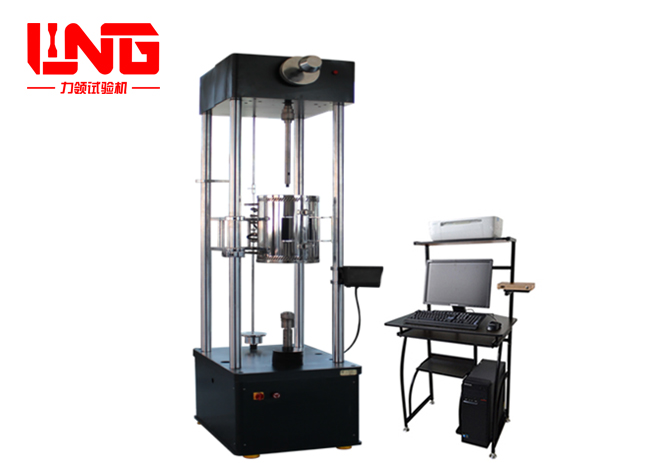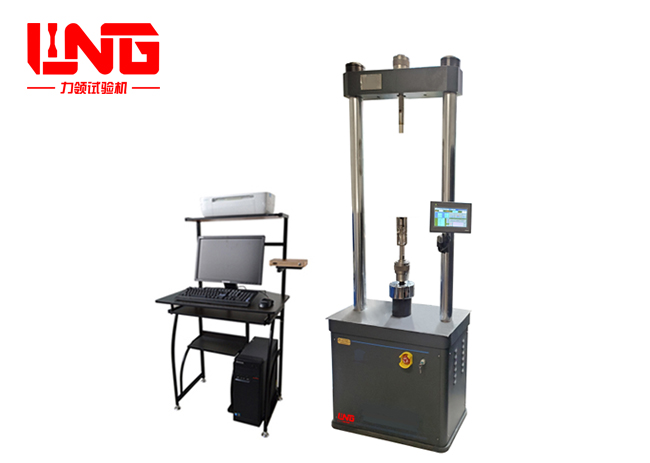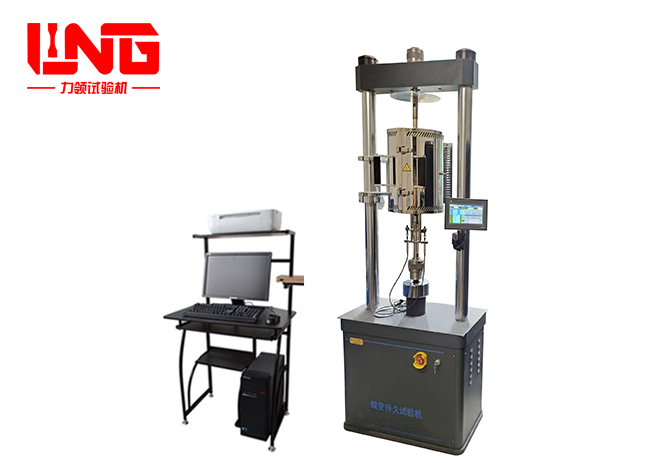- Dynamic fatigue testing machine
- Friction and wear testing machine
- Fastener special testing machine
- Static mechanical property testing machine
- In-situ tensile testing machine
- Non-standard customized large and small mechanical equipment
- Metallographic sample preparation and analysis equipment
- hardmeter
- Solution of overall design and planning of laboratory
LRD-5-3 Three-Station Electronic High-Temperature Endurance Test Machine
The three station electronic high-temperature endurance testing machine is mainly used for measuring the creep of plastics in a tensile state, and can simultaneously test three groups. Configure a high-temperature chamber to complete the high-temperature endurance load test required by the test standard in a constant high temperature environment.
Introduction
Temperature chamber, complete the high temperature endurance load test required by the test standard in a constant high temperature environment.
2. Replace the corresponding accessories, and the testing machine controller software can also complete endurance tests, stress relaxation tests, and cyclic loading tests (low cycle)
Fatigue test). Controller, experimental software setting test (test force/stress loading speed, test force/stress loading constant target value
After the test temperature condition, automatically record and save the test force/stress time, deformation/stress time, and temperature time curves.
3. Multiple sets of experiments can be conducted simultaneously, with 3 testing stations and all stations not on the same rack;
4. Each testing station can be independently controlled (except for temperature) and can work independently.
5. Testing conditions can be set for each group of samples, and all workstations can be placed in one high-temperature box. Fully meet the testing standards:
GB/T28289-2012 National Standard Aluminum Alloy Insulation Profile Composite Performance Test Method, High Temperature Endurance refers to the insulation profile's ability to withstand a load of 1000N
The testing equipment for lateral tensile force and endurance testing for up to 1000 hours in a high temperature environment of 80 ℃, due to the testing time
Longer, multiple samples can be tested simultaneously in each experiment, greatly improving the inspection efficiency of aluminum alloy building profiles. avoid
The disadvantage of mechanical methods is that they require manual handling of weights and the loading speed is not adjustable.
Parameters
|
Parameter |
Specification |
|
Maximum Test Force per Station |
5000 N |
|
Effective Measuring Range of Test Force |
1% to 100% of Max. Force |
|
Indication Error of Test Force |
±0.5% |
|
Resolution of Test Force |
1/500000 of Max. Force (Constant throughout) |
|
Zero Point Drift of Test Force |
4 × 10⁻⁴ count / 24h (Under constant temperature) |
|
Control Stability of Test Force |
≤ ±0.5% |
|
Tensile Stroke of Specimen |
≥ 100 mm |
|
Test Speed Range |
0.005 to 50 mm/min |
|
Displacement Resolution |
0.001 mm |
|
Fixture Coaxiality |
≤ 8% |
|
Control Accuracy of Displacement Rate |
≤ ± 0.5% |



